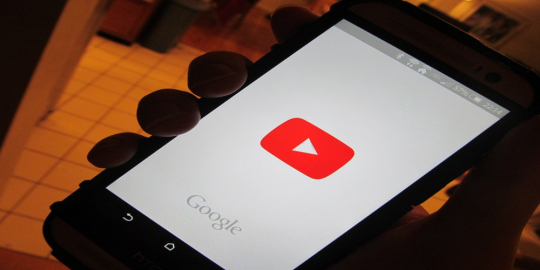
A US appeals court recently revived a lawsuit against Google and several other companies, accusing them of violating the privacy of children under 13 by tracking their YouTube activity without parental consent. The lawsuit claims that the companies lured children to their channels, knowing they would be tracked in order to send targeted ads. This article will discuss this case further and explain how it could affect online privacy for minors.
The 9th US Circuit Court of Appeals in Seattle ruled that Congress did not intend for the federal Children's Online Privacy Protection Act (COPPA) to pre-empt state law-based privacy claims when it comes to collecting personal data about children under 13. This means that parents can still file lawsuits if they believe their child's data has been collected illegally.
The lawsuit alleges that Google and other companies violate similar state laws, such as California, Colorado, Indiana, Massachusetts, New Jersey, and Tennessee law. It also states that YouTube content providers target minors with ads knowing they'll be tracked in order to send targeted advertisements.
The ruling is significant because it allows parents to take action against companies who may have violated COPPA regulations or state laws pertaining to online privacy for minors. Parents now have recourse if they feel like their child's information has been used inappropriately and can hold those responsible accountable for their actions.
Additionally, this ruling could lead more states to create additional protections when it comes to online privacy for minors, as well as strengthen existing ones already on the books.
Now parents are armed with more legal options when it comes to protecting their kids' online safety, which should ensure better digital security practices among businesses engaging in any form of internet activity involving minor users – something we all should applaud!
Leave a comment
Your comment is awaiting moderation. We save your draft here
0 Comments